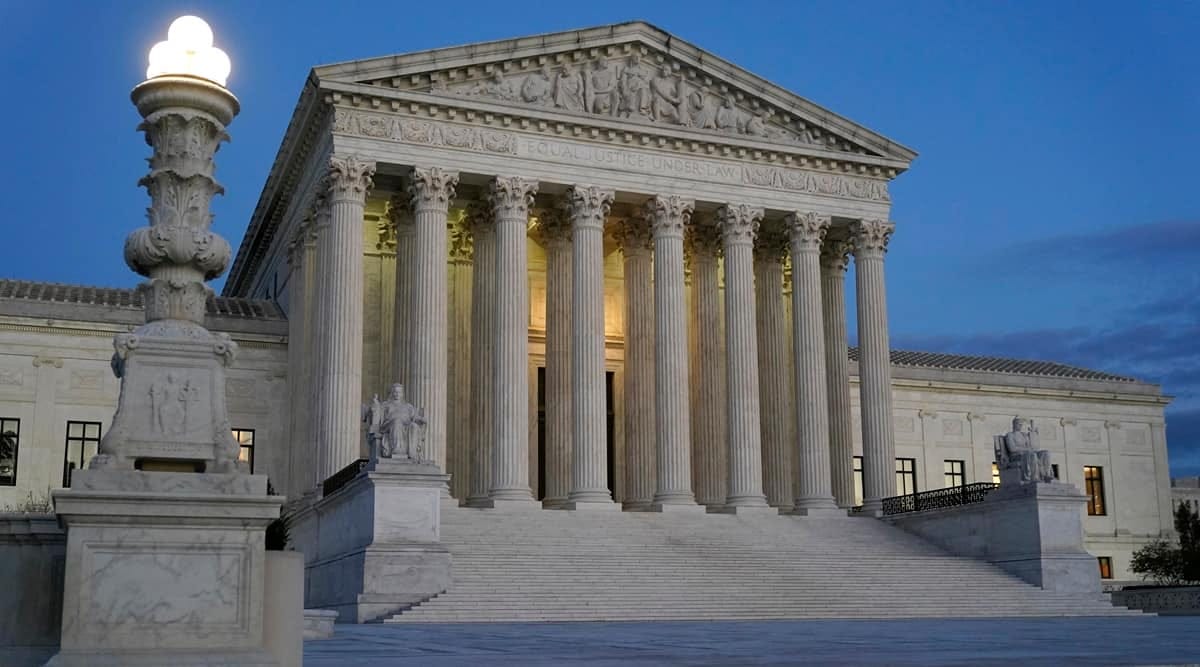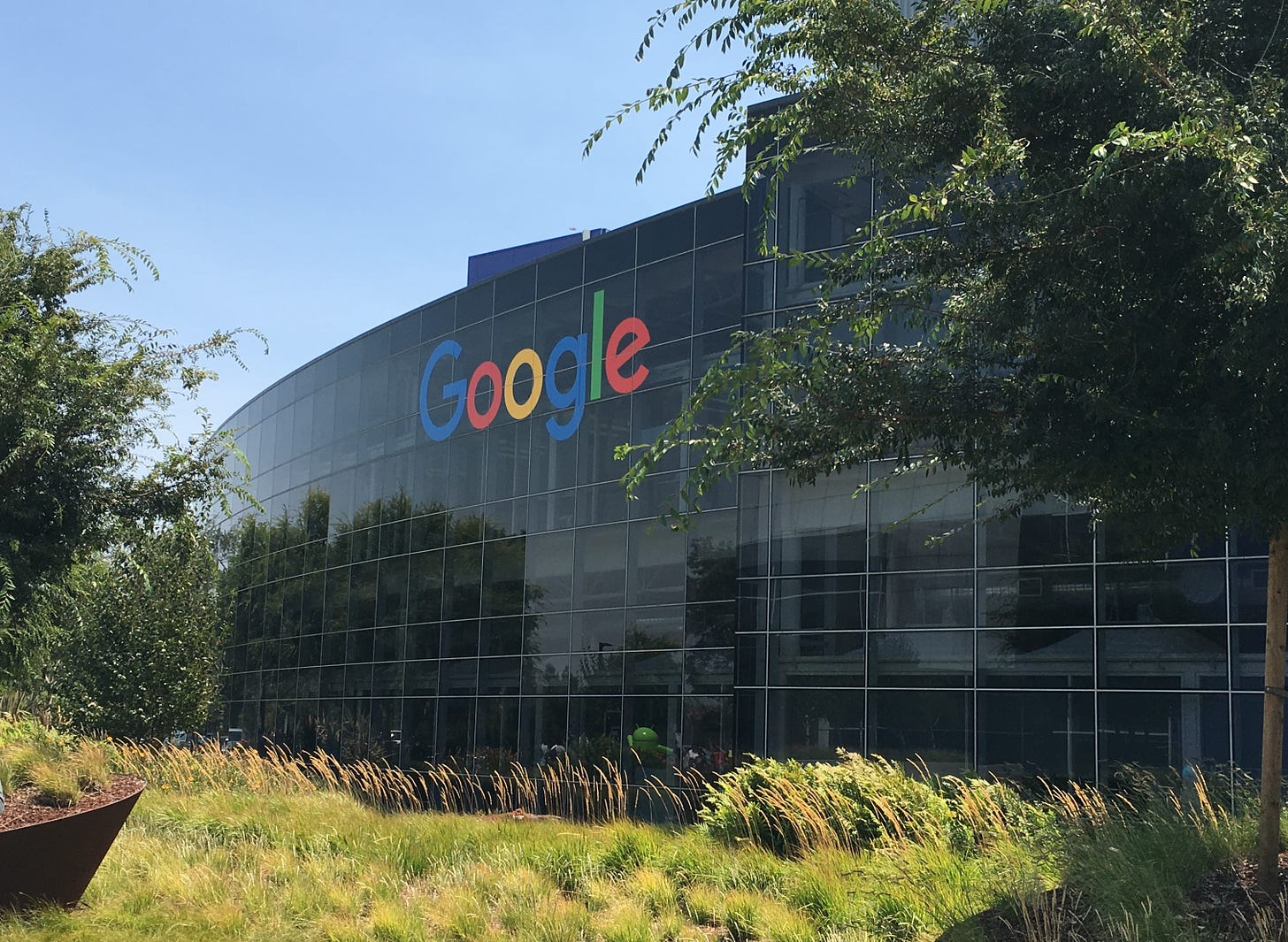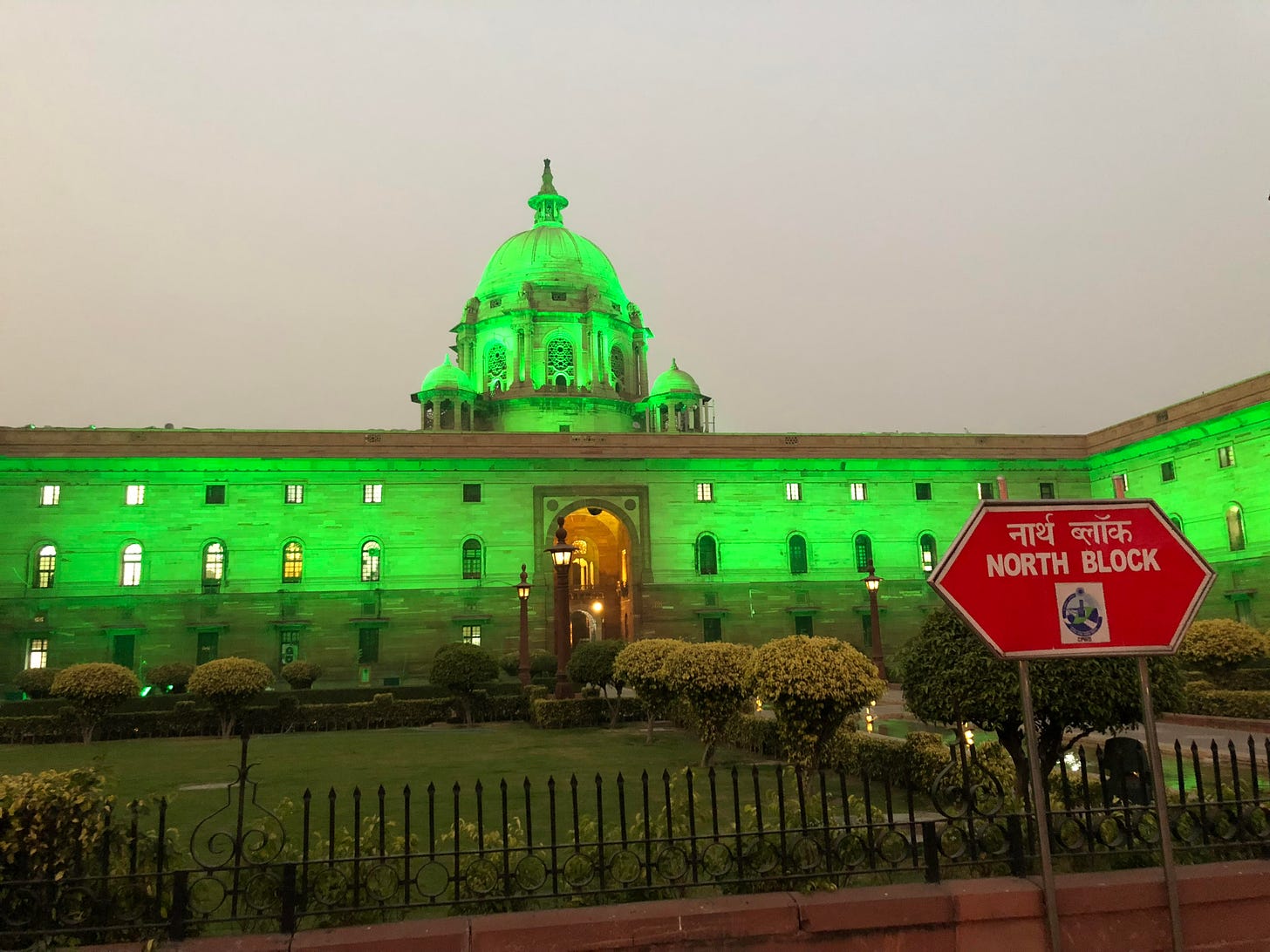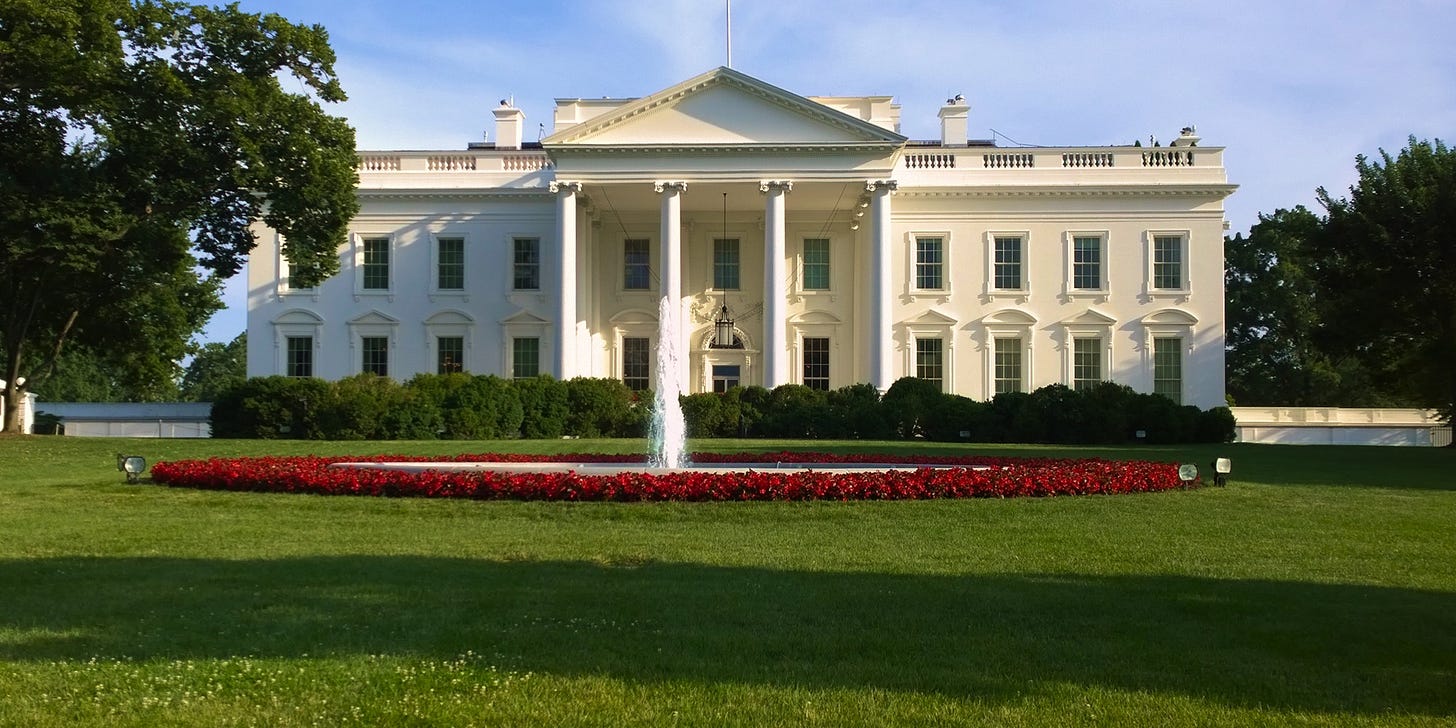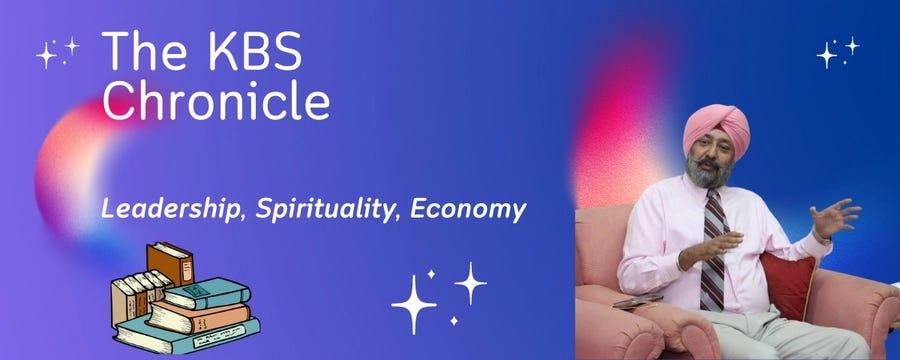U.S. Supreme Court's Crucial Hearing on the Future of "Digital Free Speech"
U.S. Supreme Court to Mull Over Digital Free Speech: Tech Giants, State Laws, and Global Implications.
The First Amendment: Crucial Case before the Court
The U.S. Supreme Court is set to address a seminal case that could redefine the interplay between the First Amendment and the prerogative of tech giants like Facebook, TikTok, and X (formerly Twitter) to moderate content. This pivotal case shall decide whether states like Texas and Florida can enact laws forbidding these companies from censoring or deleting content based on specific viewpoints. The legal challenge emerges against the backdrop of the Communications Decency Act of 1996, which includes the much-debated Section 230.
The Pillar of the Digital Age: Section 230
Section 230 of the Communications Decency Act, enacted in 1996, has been instrumental in the meteoric rise of internet companies. It provides these platforms with immunity from liability concerning user-generated content, covering everything from hate speech to copyright and IP issues. In essence, it enables them to function without the constant fear of legal repercussions, placing the liability on the individual disseminating the content rather than the platform.
Irony and Paradox: The Tech Sector’s Stance and Elon Musk’s X
While tech companies maintain that restrictive state laws could hamper their ability to curtail hate speech, disinformation, and incitement to violence, they find themselves entangled in contradictions. Elon Musk, for example, is an ardent advocate of free speech but has been implicated in limiting the same through algorithmic measures on X. After acquiring the platform and disbanding its internal moderation team, X continues to suppress external links like Substack, thereby reflecting a contradictory approach to free speech.
Public Officials and the Dual Sword of Regulation
This impending verdict could have wide-ranging implications, not only for tech companies but also for public officials. Should a state directive seek to influence content on social platforms, such actions may also come under judicial review. However, it's important to note that individuals disseminating hate speech will remain liable for prosecution under existing laws, even if the platforms themselves continue to enjoy legal immunity.
Global Echoes: Implications for India
While the U.S. judgment will not directly apply to Indian legal frameworks, it is likely to reverberate globally. Article 19 of the Indian Constitution safeguards free speech but allows for reasonable restrictions. Additionally, Section 66B of the Information Technology Act provides further guidance on online content regulation. A U.S. ruling in this regard could catalyse a shift in Indian policy considerations.
Timing and Politics: The U.S. Presidential Campaign and New Court Session
The timing of this judgment couldn't be more consequential, potentially coinciding with the peak of the U.S. Presidential election campaign. The Supreme Court's new term commencing on 1st October adds another layer of significance to this case, likely marking the beginning of a session filled with other landmark decisions.
In Conclusion: A Complex Web
This case, of immense constitutional and political importance, is slated to become a cornerstone in defining the boundaries of free speech in the digital era. It will force a reevaluation of the interaction between free expression, corporate discretion, and state regulation. And while the verdict may clarify the constitutional landscape in the U.S., individual users may still find it challenging to seek redress against tech giants. These companies may not remove posts outright but could muzzle free speech by limiting the circulation of content through their secretive algorithms.
By raising questions around the constitutionality of digital free speech, the case not only impacts the United States but also provides a lens through which global dialogues on similar issues, including those in India, can be viewed or critiqued.




